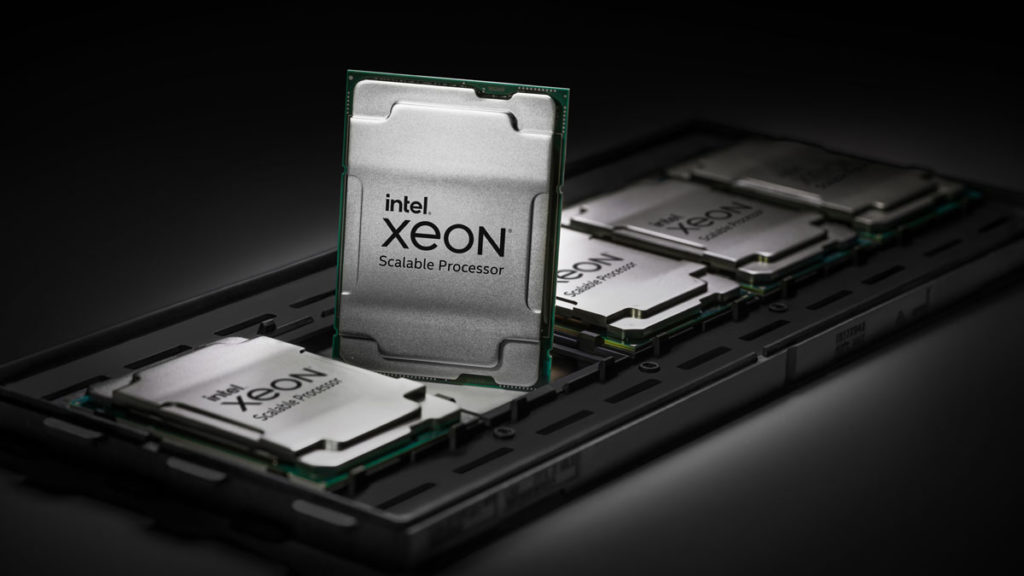It is clear why they do these things.
It costs lots of money to manufacture physical variety. Each SKU you have incurrs a cost. You ahve to manufacture it, you have yo warehouse it, you have to keep inventory of its subcomponents, you have to have systems to keep track of different part numbers, each unique SKU needs a set of manuals, and testing, etc. etc. etc.
There are countless operations management books on the cost of having too many SKU's on offer, and too many parts, and trying to work towards parts commonality and meeting the customers needs with fewer parts.
This is one way of doing it. It may cost slightly more to actually manufacture each unit, because - for example - more silicon goes into 40 core CPU than a 8 core CPU, even if you are only using 8 of those cores, but in every other aspect you are - as a manufacturer, saving money. Now this one part, which has a higher pure manufacturing cost, but costs less overall once everything else is factored in, can also drive greater revenue when customers pay to unlock features.
This is good for Intel. it is even good for large enterprise customers, who gain more flexibility from it.
The only people who don't like this type of business model are end consumers, who tend to find it somewhat "icky", in an "I've paid for it, what do you mean I can't use all of it's features" kind of way, failing to understand how the initial buy is partially subsidized by the fact that others are paying higher level licensing.
I don't personally like the business model either, but I understand it has a purpose and is very useful for many organizations out there.
Needed to add more VM's to the server and are running low on CPU cores? No problem. You don't have to buy a whole new server, just pay for a bigger license, and magically more cores appear.
I vaguely remember Intel already piloting this in the consumer space years ago. I think there were some low to mid end Intel CPU's which went into OEM PC's which allowed the customer to pay to upgrade the CPU via sofware after the fact. You know, like adding HT or extra cores or something. I can't remember the details, but I want to say it was in the news like 10 years ago or something? I'm going to go googling now.
I have less of a problem with it if it is a one time license fee, to use the features in perpetuity. I still don't like it, but I can live with that. If it is a subscription model, on the other hand, it would fill me with complete rage. It's like those cars (was it BMW?) where they wanted you to subscribe to the heated seats like they were some sort of service. Uh uh, no way. Not happening. You just took me from a potential customer and turned me into a "I will never buy your product under any circumstance".


